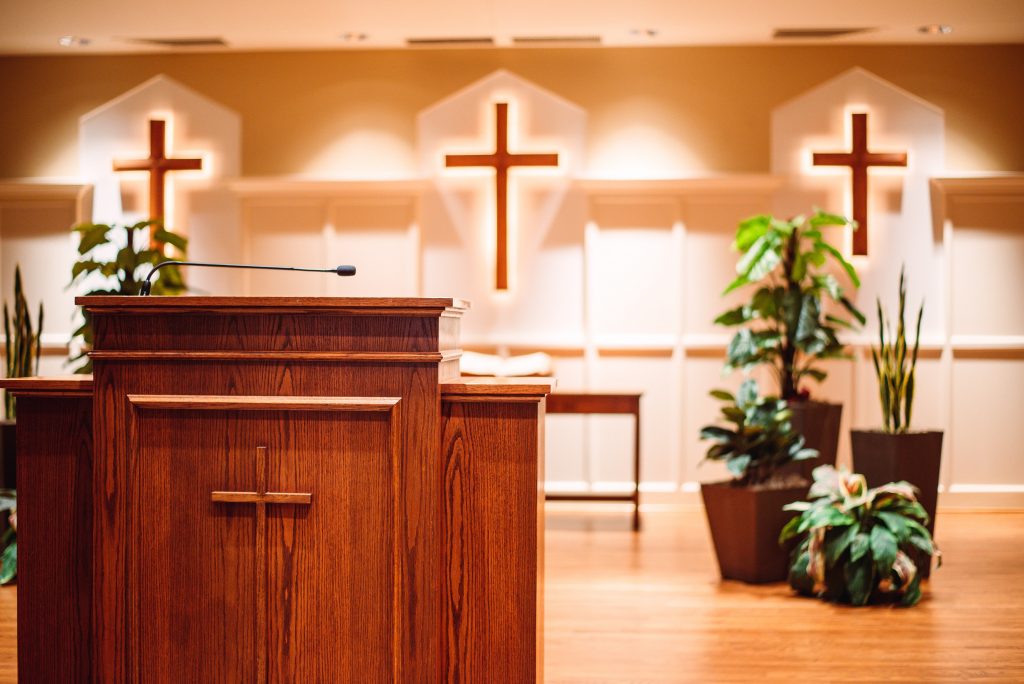
Many people believe state and federal law prevents churches and pastors from talking about “politics.”
The reality is that churches and ministers have tremendous leeway to address legislation, campaign issues, and candidates.
Below is a simple overview of what churches and pastors can and cannot do when it comes to politics, courtesy of our friends at Alliance Defending Freedom.
| POLITICAL ACTIVITY | CHURCH | PASTOR |
| Discuss political issues | Yes | Yes |
| Support or oppose candidates for elective public office | No | Yes |
| Contribute money, services, or non-monetary gifts to candidates | No | Yes |
| Raise or spend money to support or oppose candidates | No | Yes |
| Contribute to political action committees (PACs) | No | Yes |
| Payment of expenses for attendance of a pastor or church member at a caucus or state/national political party convention | No | Yes |
| Candidate speaks at church (outside context of candidacy or campaign) | Yes | N/A |
| Nonpartisan voter registration activities | Yes | Yes |
| Nonpartisan voter identification activities | Yes | Yes |
| Nonpartisan “get-out-the-vote” activities | Yes | Yes |
| Nonpartisan voter education | Yes | Yes |
| Lobby for or against legislation | Yes, But Limited* | Yes |
| Support or oppose ballot measures | Yes, But Limited* | Yes |
| Spend money to advance or defeat ballot measures | Yes, But Limited* | Yes |
| Distribute nonpartisan candidate surveys or voter guides | Yes | Yes |
| Distribute unbiased voting records of candidates | Yes | Yes |
| Distribute candidate campaign literature | No | Yes |
| Equal distribution of political materials by others in church parking lots | Yes | N/A |
| Rental of church facilities at regular rates (available to all candidates) | Yes | N/A |
| Provide a link on church’s website to a particular campaign website | No | N/A |
| Publish editorials endorsing or opposing candidates in church publications | No | N/A |
Churches and ministers are always free to address social and moral issues — even if some people consider those issues “political.”
Churches and preachers can talk about what the Bible teaches concerning abortion, marriage, education, citizenship, government, and other issues.
Bottom Line: Churches and ministers have tremendous freedom when it comes to talking about morality, social issues, and political campaigns.

